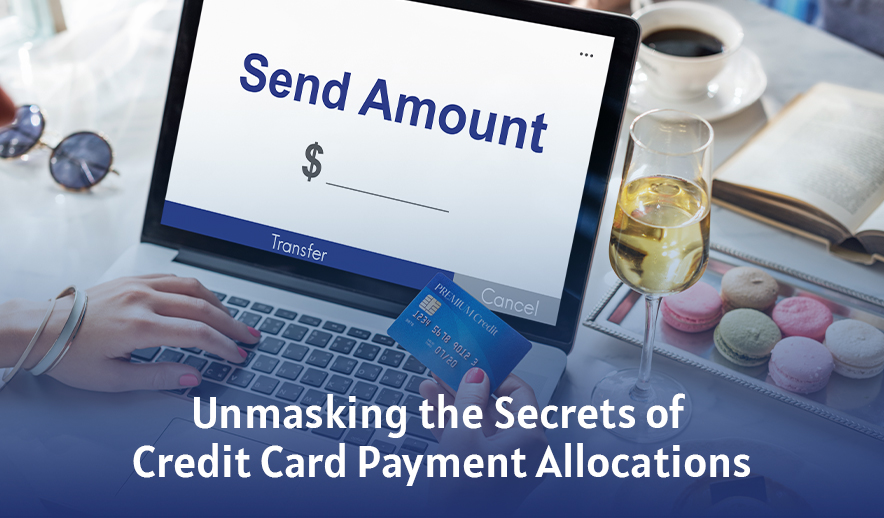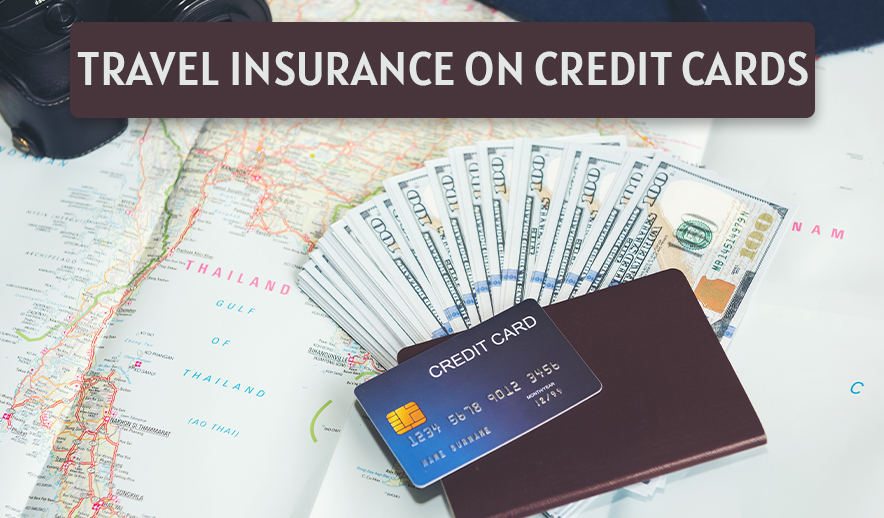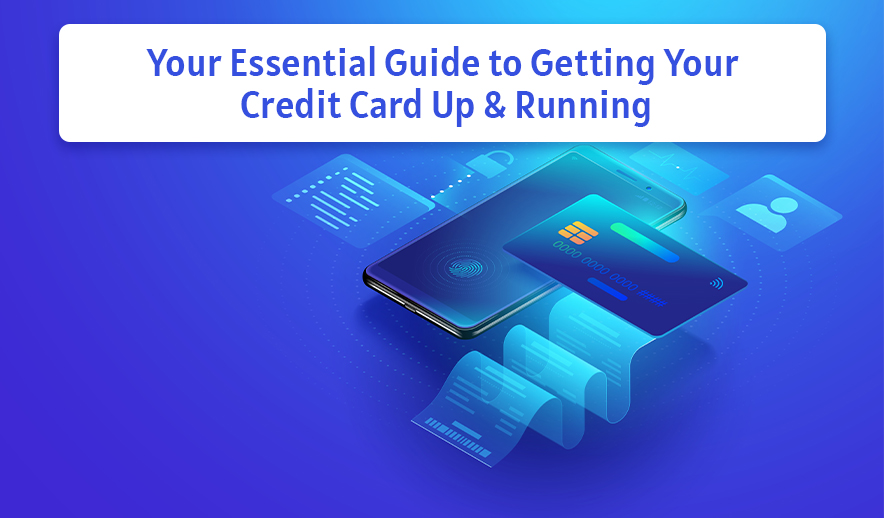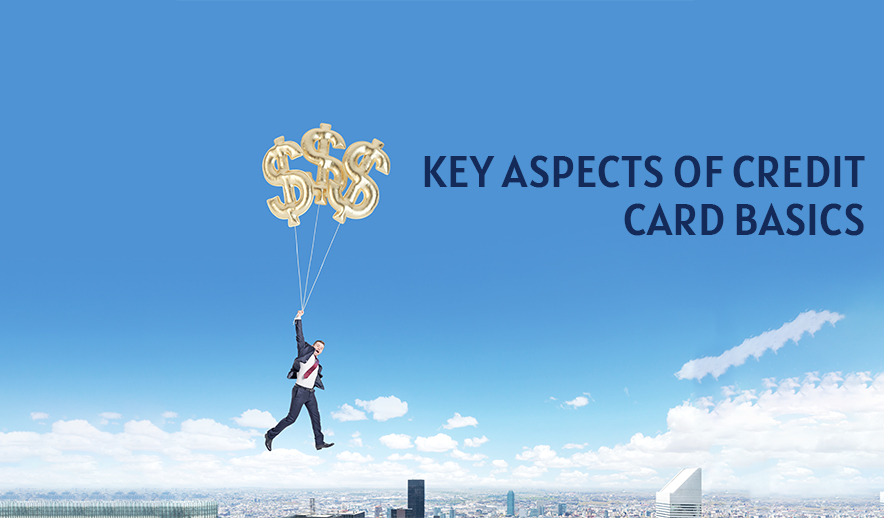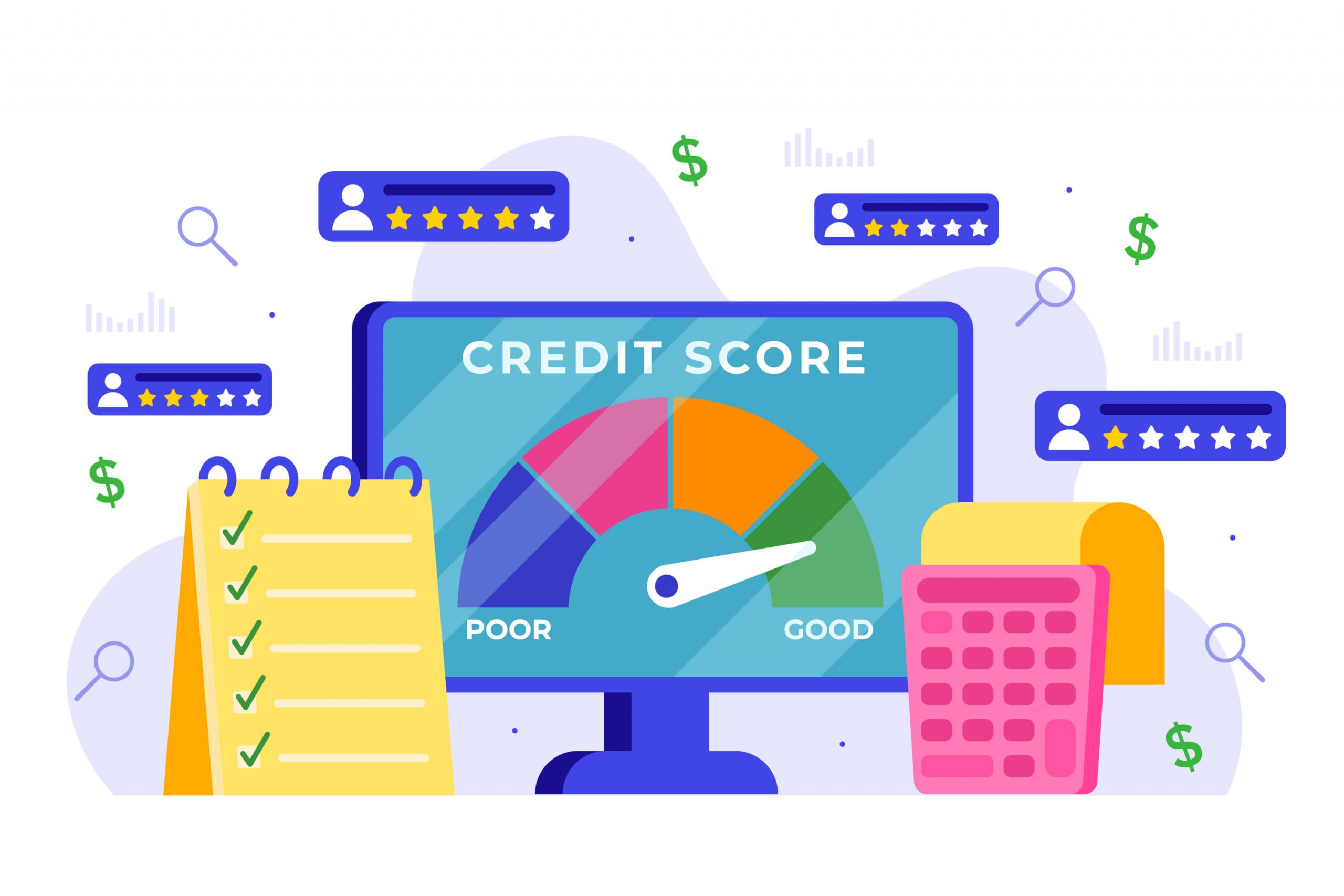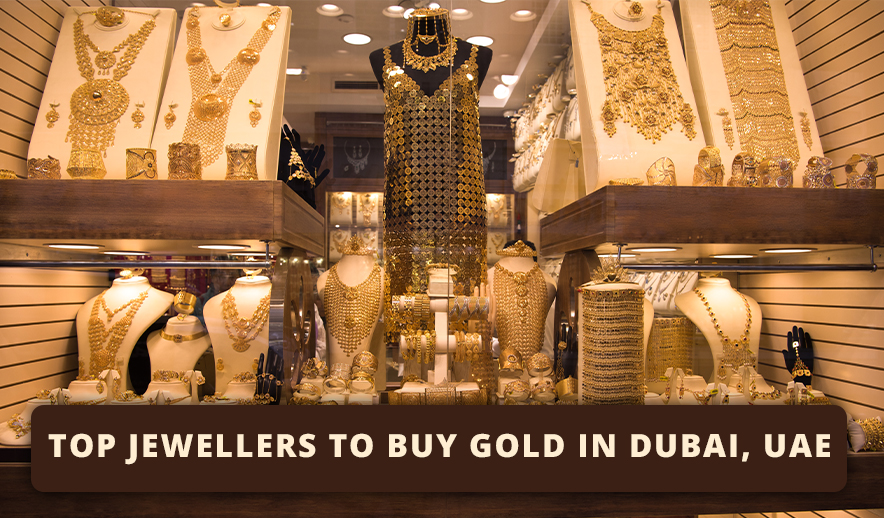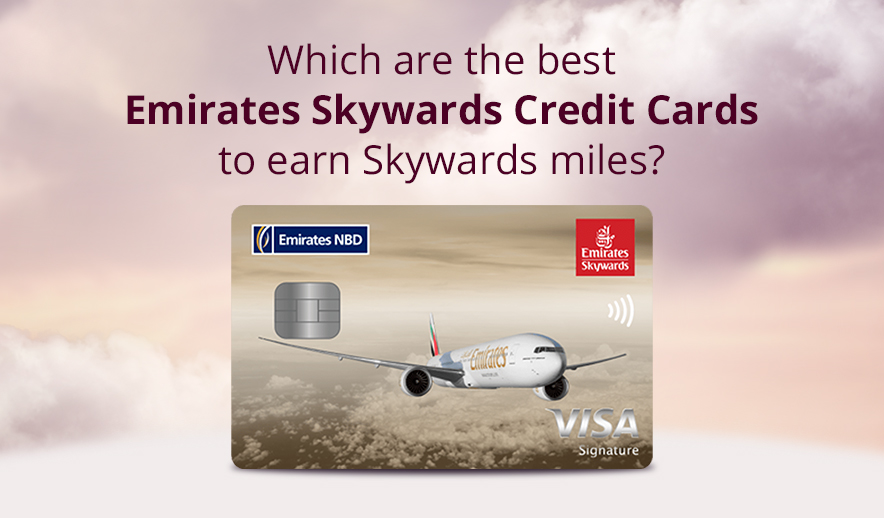When you make a payment on your credit card, how that payment is allocated depends on the specific terms and conditions set by the credit card issuer. However, in most cases, credit card payments are allocated in the following order:
Minimum Payment: If you make a payment that is equal to or greater than the minimum payment due, the first portion of the payment is typically allocated towards satisfying the minimum payment requirement. This ensures that you meet the minimum payment obligation for that billing cycle.
Fees and Charges: If you have any fees, such as late payment fees or annual fees, the next portion of your payment may be allocated to cover those charges. This helps to clear any outstanding fees on your credit card account.
High-Interest Balances: If you have balances on your credit card with different interest rates, such as balances from cash advances or balance transfers, the payment may be applied towards the higher-interest balances first. This helps to minimize the amount of interest charged on those balances.
Regular Purchases: After addressing any minimum payment obligations, fees, and high-interest balances, the remaining portion of your payment is usually applied to your regular purchases. This helps to reduce your outstanding balance from everyday transactions.
It’s important to note that the specific allocation of payments can vary among different credit card issuers and may be subject to change. It’s always recommended to review the terms and conditions provided by your credit card issuer to understand how payments are allocated on your specific card.
Additionally, if you have any specific payment instructions or preferences, such as allocating the payment to a specific balance or category, it’s advisable to contact your credit card issuer and communicate your preferences in advance. They can provide you with information on how they handle payment allocations and any options available to you.

